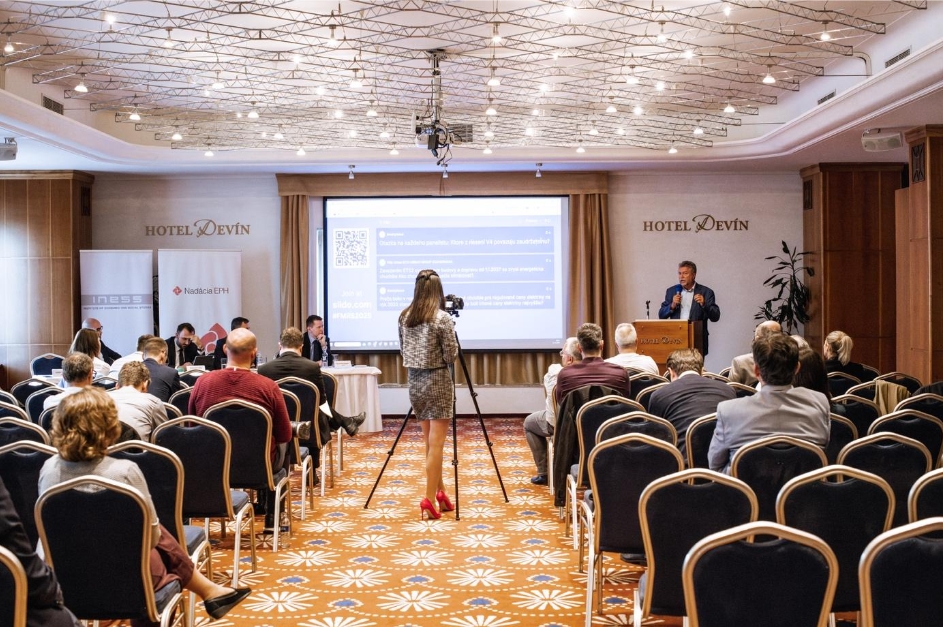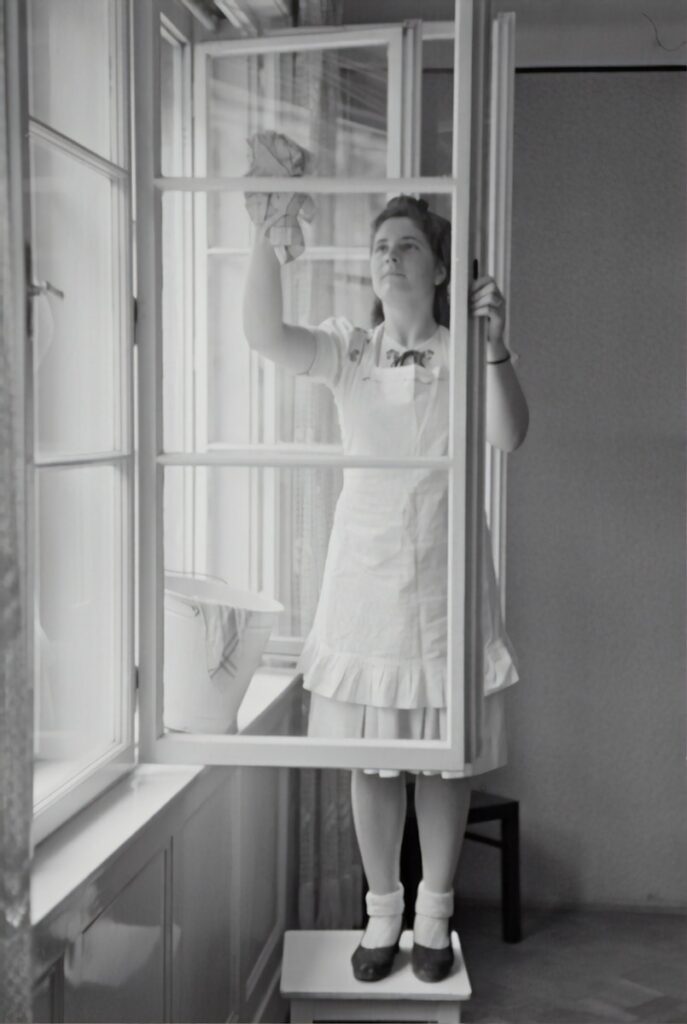
Elastic EU Funds
Slovakia’s response to the tariff threat? The Prime Minister and the Minister of Economy have begun saying they want to redirect EU funds to help companies affected by US tariffs. We do not yet know exactly what this crisis will look like—but we already know the solution: European money. Journalists are asking us whether this is a good or a bad decision. You might be surprised, but I do not have an answer.



![Insights on the Iranian Regime and Society with Walter Posch [PODCAST] Insights on the Iranian Regime and Society with Walter Posch [PODCAST]](https://4liberty.eu/phidroav/2025/06/Liberal-Europe-Podcast-Walter-Posch-1024x1024.png)







![War Against Human Rights with Oleksandra Matviichuk [PODCAST] War Against Human Rights with Oleksandra Matviichuk [PODCAST]](https://4liberty.eu/phidroav/2025/06/Liberal-Europe-Podcast-2024-9-1024x1024.png)